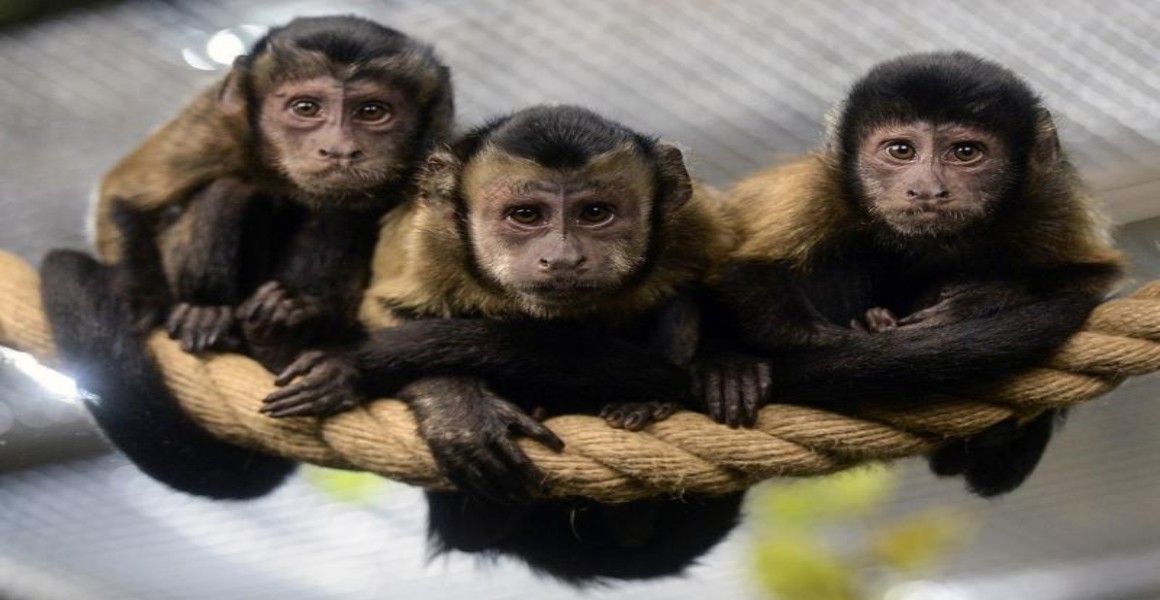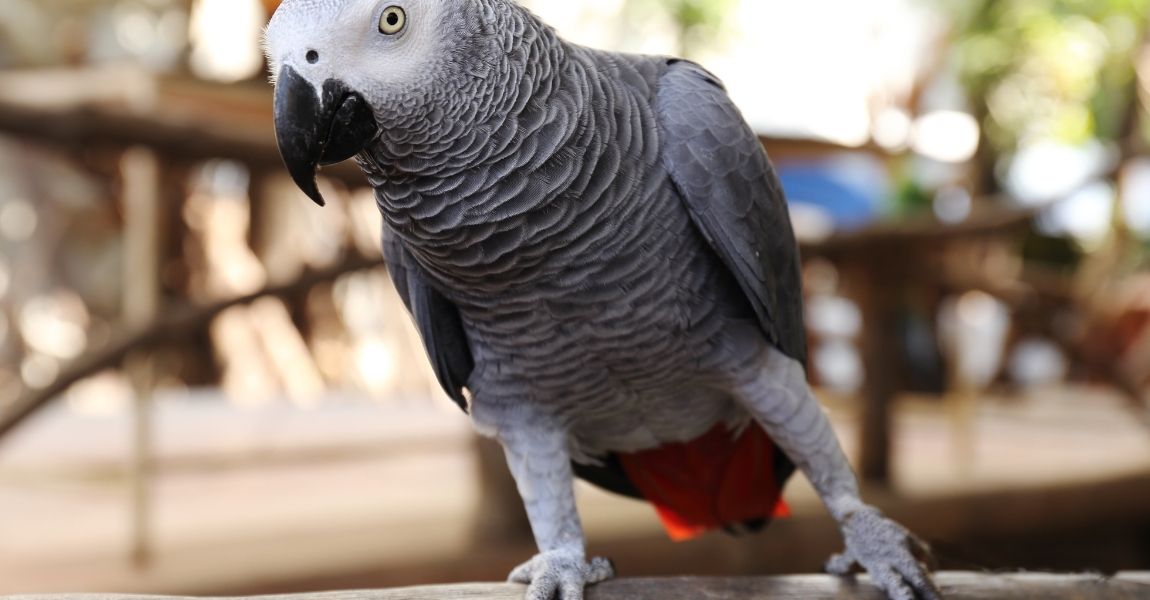Introduction:
While Capuchin monkeys can make fascinating and intelligent pets, it is important to understand that they have the potential to exhibit aggressive behaviors, including biting. Aggression in New World monkeys, such as Capuchins, can arise due to various factors. In this article, we will delve into the reasons why pet Capuchin monkeys may bite and explore aggression in New World monkeys to promote better understanding and responsible ownership.
Natural Instincts and Social Hierarchy:
Aggression is a natural behavior observed in many primate species, including New World monkeys like Capuchins. In the wild, these monkeys establish social hierarchies and use aggression to maintain their position within the group. Pet Capuchin monkeys may exhibit aggression as a way to assert dominance or establish their place within the household.
Fear and Anxiety:
Fear and anxiety can trigger aggressive responses in pet Capuchin monkeys. They may perceive certain situations or stimuli as threatening, leading them to resort to defensive biting. Changes in their environment, unfamiliar people or animals, loud noises, or perceived threats can provoke fear-based aggression.
Territorial Behavior:
Capuchin monkeys are territorial by nature. When they perceive their living space as invaded or threatened, they may resort to aggressive behaviors, including biting, to defend their territory. This can occur when introducing new pets, rearranging their enclosure, or when they feel their personal space is compromised.
Lack of Socialization and Stimulation:
Insufficient socialization and mental stimulation can contribute to aggression in pet Capuchin monkeys. These highly social animals require regular interaction, exposure to new experiences, and environmental enrichment. Without proper socialization and mental stimulation, they may become frustrated, bored, or exhibit attention-seeking behaviors that can escalate into aggression.
Stress and Frustration:
Stressful or frustrating situations can trigger aggression in pet Capuchin monkeys. Factors such as changes in routine, lack of physical exercise, confinement, or inadequate mental stimulation can contribute to their stress levels. When they are unable to cope with these stressors, aggression may be expressed as a means of releasing tension or frustration.
Communication and Boundaries:
Monkeys, including Capuchins, use a variety of vocalizations, body language, and facial expressions to communicate. Biting can be a form of communication, indicating discomfort, fear, or a desire to establish boundaries. Understanding their communication signals and providing appropriate boundaries can help minimize aggressive behaviors.
Hormonal Changes:
Hormonal fluctuations, particularly during breeding seasons, can influence the behavior of pet Capuchin monkeys. Increased levels of hormones can lead to heightened aggression, especially in males. Spaying or neutering your pet monkey, under the guidance of a qualified veterinarian, can help manage hormonal influences on their behavior.
Past Experiences and Trauma:
Previous negative experiences or traumatic events can shape a Capuchin monkey's behavior. If they have been mistreated, abused, or experienced trauma, it can result in defensive or fear-based aggression. Patience, trust-building exercises, and positive reinforcement training can help them overcome past traumas and reduce aggressive behaviors.
Conclusion:
Understanding the reasons behind aggression in pet Capuchin monkeys is essential for responsible ownership and the well-being of both the monkey and their human companions. By recognizing their natural instincts, providing socialization and mental stimulation, managing stressors, and ensuring appropriate communication and boundaries, you can help prevent and address aggression in your pet Capuchin monkey. Consult with primate behavior experts or experienced veterinarians to gain further insight and guidance in managing and mitigating aggression in New World monkeys.




